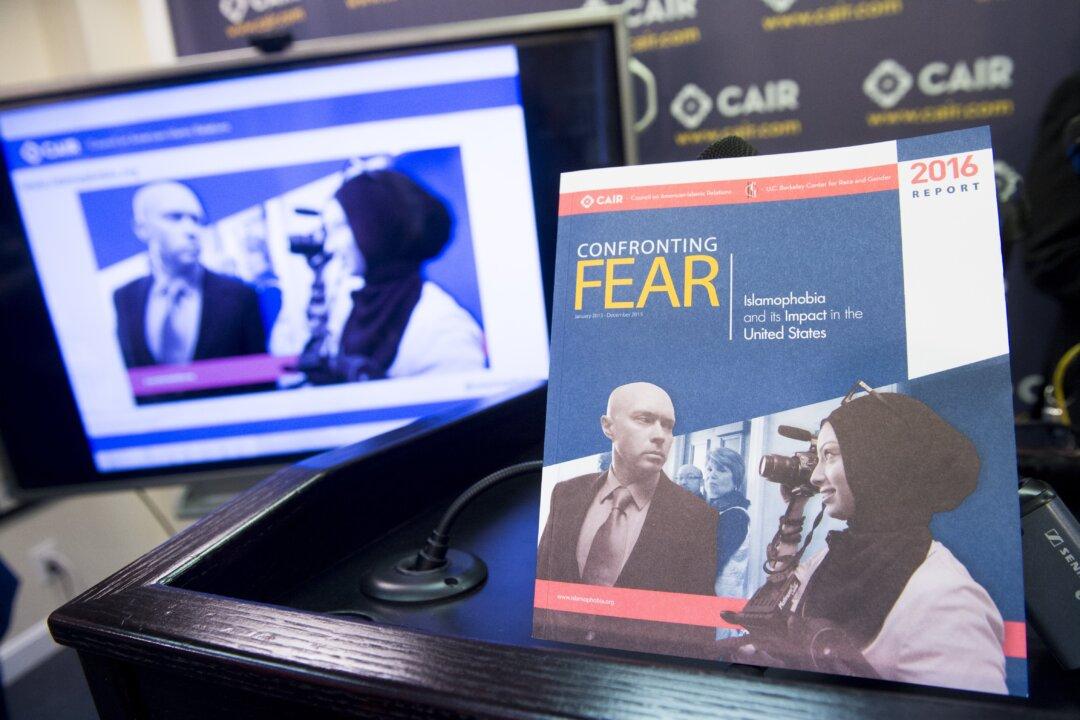The terrorism-linked Council on American-Islamic Relations recently suffered a rare defeat in its long-running push to mainstream Muslim values in U.S. schools, when a federal lawsuit was settled. The group agreed to end its program in San Diego schools, which critics say pressured students to accept Islam or risk being labeled “Islamophobic.”
CAIR was named an unindicted co-conspirator in 2007 in an alleged criminal conspiracy to support both Hamas and the Holy Land Foundation for Relief and Development. In 2014, the United Arab Emirates designated CAIR a terrorist organization.





